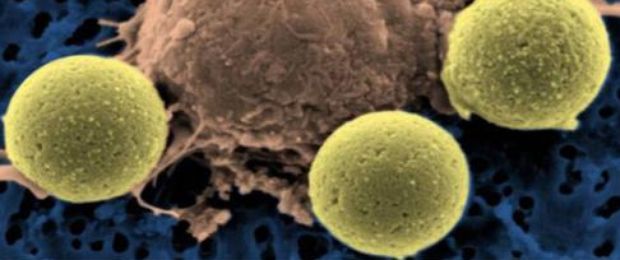Gene therapy cures three of leukemia
- A paper published on March 20th has revealed that gene therapy has been used to cure three adults of leukemia. This is the first time that this type of therapy has been successful, and each of the patients has been free of cancer for a minimum of five months.
The patients had acute lymphoblastic leukemia, a particularly aggressive form of cancer, and had all relapsed after a course of chemotherapy. Doctors then tried the experimental treatment, which involved engineering T-cells with a virus that would attack B-cells, some of which were cancerous. Researchers are as of yet unable to target the virus at the cancerous cells only, and so the patients who underwent the treatment experienced severe immune reactions. However, four out of the five patients that had the gene therapy went into remission.
“We had hoped, but couldn’t have predicted that the response would be so profound and rapid,” stated Renier Brentjens, an oncologist at the Memorial Sloan-Kettering Cancer Center, and main author of the study.
The patients also had bone marrow transplants as part of their treatment, but it is unknown whether or not this contributed to the effectiveness of the gene therapy. One of the patients did relapse, and another later died from an unrelated blood clot. However, researchers are confident about the success of the treatment compared to current methods, and are hoping to run a larger trial of 50 patients.
“Although it’s early days for these trials, the approach of modifying a patient’s T-cells to attack their cancer is looking increasingly like one that will, in time, have a place alongside more traditional treatments,” said Paul Moss, a cancer researcher at the University of Birmingham.
Using engineered cells to attack cancer has become a successful method in recent medical research, and a [similar method using HIV cells](https://theboar.org/science/2013/feb/27/hiv-used-battle-against-cancer/) was used to cure a seven year old girl of leukemia in February. Researchers believe that in the future, this method could be used to treat other types of cancer as well.

Comments